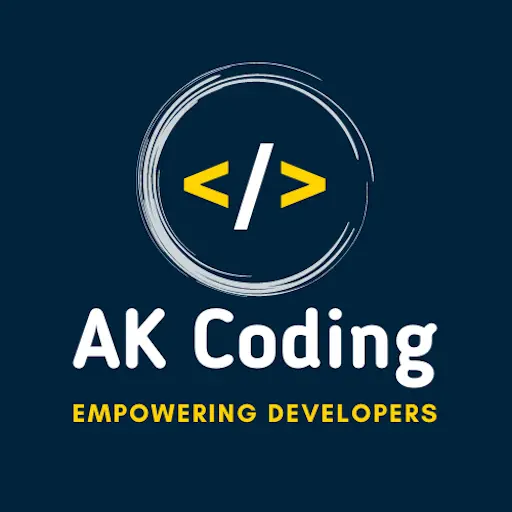🔧 1. Basic Commands
Command Description pwdPrint current directory lsList files and directories cd [dir]Change directory mkdir [dir]Create a directory touch [file]Create an empty file rm [file/dir]Delete file or directory (-r for recursive) cp [src] [dst]Copy file/directory mv [src] [dst]Move or rename file cat [file]Display file contents nano, vim, viText editors
🔎 2. File Permissions
Symbol Meaning rRead wWrite xExecute
bashCopyEditchmod 755 file # Set read/write/execute for owner, read/execute for group/others
chown user:group file # Change owner and group
ls -l # Show detailed list with permissions
📁 3. File System Structure
Directory Description /Root directory /homeUser home directories /etcConfiguration files /varLog files, spool files /binEssential user binaries /sbinSystem binaries /usrUser applications and utilities /tmpTemporary files
🛠️ 4. Package Management
Debian/Ubuntu:
bashCopyEditsudo apt update
sudo apt install [package]
sudo apt remove [package]
RHEL/CentOS:
bashCopyEditsudo yum install [package]
sudo yum remove [package]
🔄 5. Process Management
Command Description ps auxList running processes top or htopLive process monitoring kill [PID]Terminate a process kill -9 [PID]Force terminate &Run process in background fg, bgForeground/background a job
🌐 6. Networking Commands
Command Description ifconfig or ip aShow IP addresses ping [host]Check connectivity netstat -tulnList open ports curl [url]Fetch URL content scp [src] [user@host]:[dst]Secure file copy ssh user@hostSecure shell login
